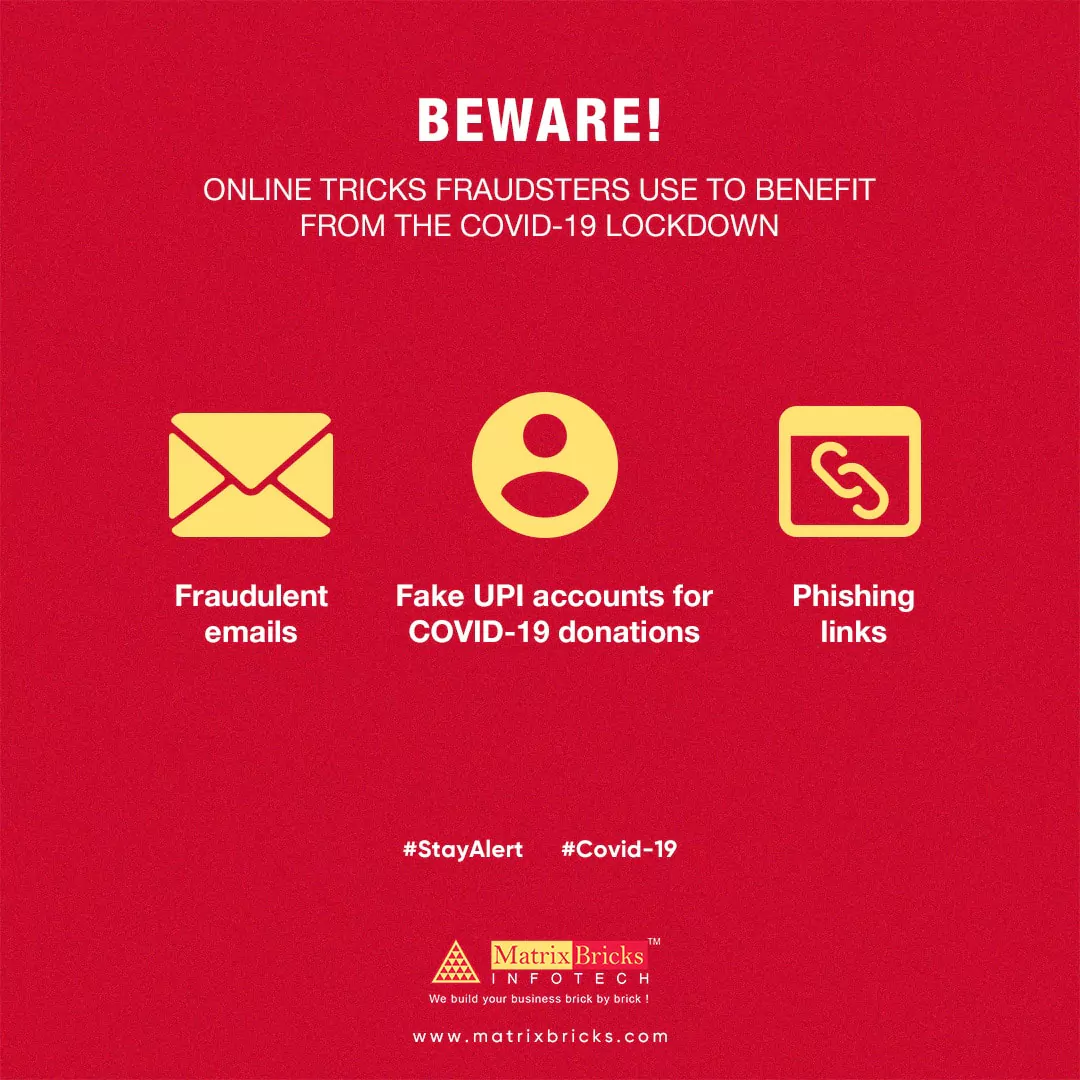
Here is how you can avoid getting tricked by fraudsters and stay alert to attempts at swindling your hard-earned money
The novel coronavirus (COVID-19) is causing more than just physical harm to people across the country. Fraudsters have found new ways to trick bank customers now. Some bank customers have complained that they have been getting notifications that have an uncanny resemblance to the official communications from banks, on their mobiles, asking them if they want the loan moratorium. If you click the link provided in the text message by mistake, it takes you to a website that looks very similar to your bank’s website. However, beware! It is a phishing website. You are then persuaded to fill a form capturing your details and, within minutes, a sum of money gets withdrawn from your account.
Fraudsters have also resorted to calling customers, asking them for a one-time password (OTP) to postpone their equated monthly installment (EMI). Once the OTP is shared, an amount is withdrawn from your bank account.
Here is how you can avoid getting tricked by fraudsters and stay alert to attempts at swindling your hard-earned money.
1. Fraudulent emails:
Fraudsters have also found ways to target those seeking more information and clarity on COVID-19. Some claim to give you information on how to overcome the ailment – a matter that interests most of us in these times. Under the guise of acting on behalf of organizations such as the World Health Organization (WHO), the US Centres for Disease Control and Prevention, and other government authorities, fraudsters send you emails enticing you to click on a link that promises to give you information
2. Fake UPI accounts for COVID-19 donations:
To help the government fight the coronavirus outbreak, Prime Minister Narendra Modi had appealed to the citizens to donate. An exclusive PM CARES Fund was started for the purpose. The original Unified Payments Service (UPI) ID to make payments to the fund is pmcares@sbi. But, fraudsters are creating fake UPI IDs that appear to very closely resemble the PM CARES Fund in their wordings. They have circulated such fake UPI IDs through SMS, social media, emails, etc. Some of the fake UPI IDs are pmcare@sbi, pmoindia@sbi, pmindia@sbi, etc. Also, fake UPI IDs are created on the UPI handles of including ICICI Bank, HDFC Bank, PNB, etc. to mislead people.
3. Stay away from phishing traps while working remotely:
Many of us are working remotely in this lockdown period. The risk of falling to phishing traps increases. For instance, you might get a suspicious email that appears to be sent by a colleague asking you to follow instructions to ‘transfer money,’ or ‘allow access to confidential product information.’ You may inadvertently click on the phishing link and confidential data stored can be compromised. Singh says, “To avoid such a situation, use instant messaging or a phone call to contact a colleague who appears to be the sender of a suspicious email.





